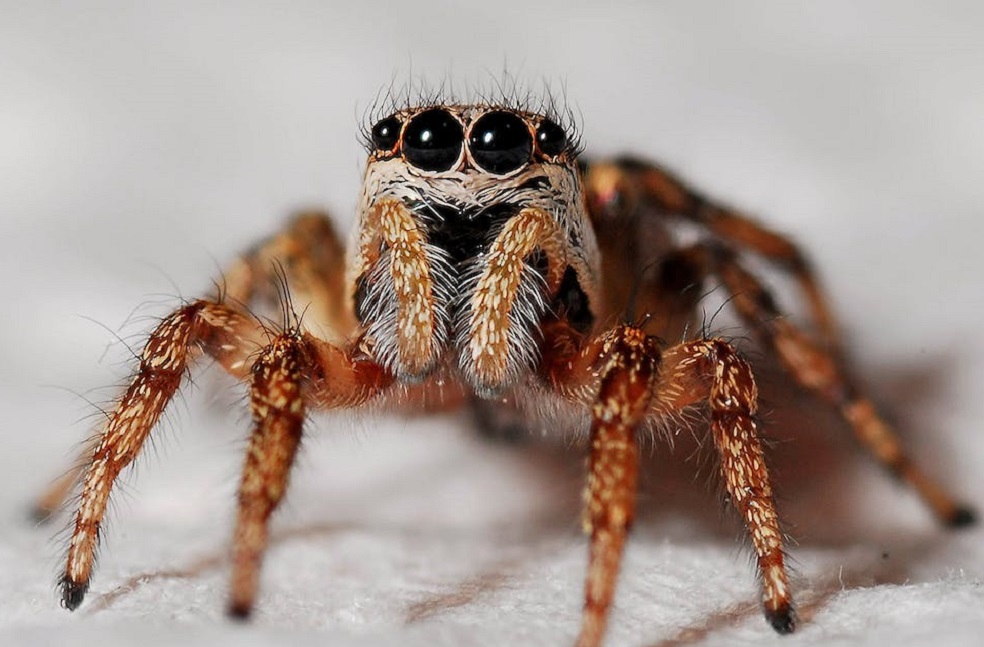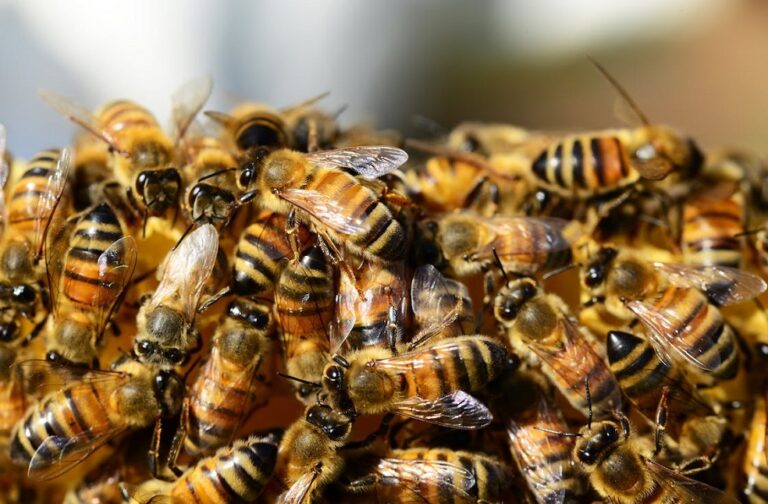United States: A new analysis has found that two million species are at risk of extinction, which is double the previous UN estimates.
The previous studies were more concentrated on documenting the decline of species of plants and vertebrates. There has always been significant uncertainty over insects. The UN has reported a “tentative estimate” of 10 percent threatened with extinction in 2019.
Since then, more data has been collected on insects, showing the proportion at risk of extinction is much higher than previously estimated. “Because there are so many insect species, this doubles the global number of species at risk,” the new study published in the journal Plos One noted.

The lead researcher of the study, Mr. Axel Hochkirch, from the Musée National d’Histoire Naturelle in Luxembourg, observed that “what our study does is really highlight that insects are as threatened as other taxa. And because they are the most species-rich group of animals on our planet, this is really something that should be addressed.”
“Without insects, our planet will not be able to survive,” Mr. Hochkirch added. The research team analysed all European species on the International Union for Conservation of Nature’s red list of threatened species. The team found a fifth of European species were at risk of extinction, with 24 percent of invertebrates at risk, as well as 27 percent of all plants and 18 percent of vertebrates.
“This comprehensive analysis of 14,669 continental red list assessments for European animal and plant species suggests that 2 million plant and animal species are threatened with extinction,” the researchers remarked.

Ms. Anne Larigauderie, executive secretary of Ipbes, commented that the second Ipbes Global Assessment Report is due in 2028, and it was “likely that the estimates and messages from the first Global Assessment Report will be updated and augmented.”
“This study shows we have a very high proportion of species that are threatened with extinction, but we can do something about it. We see that whenever conservation action is taking place, these improvements happen,” Mr. Hochkirch added.



